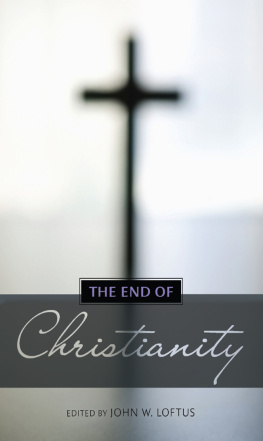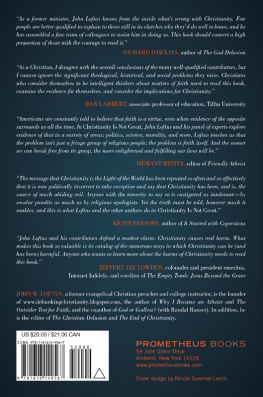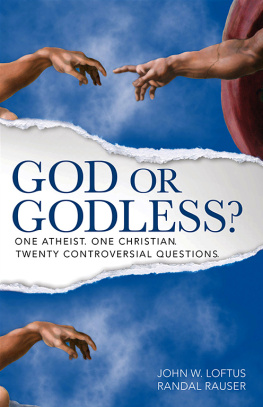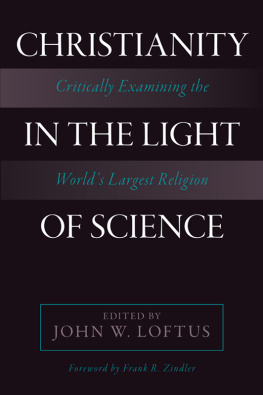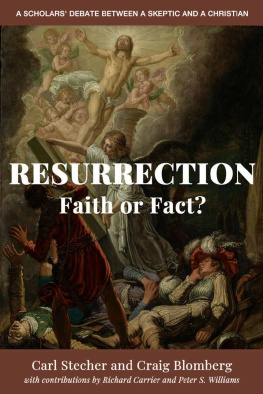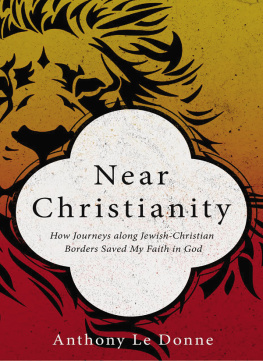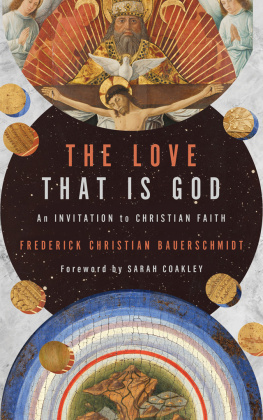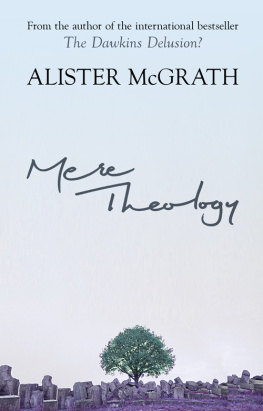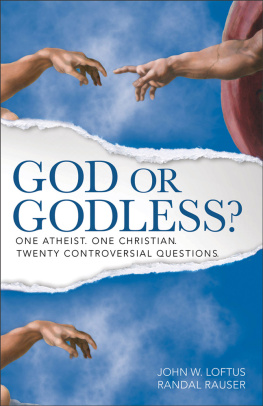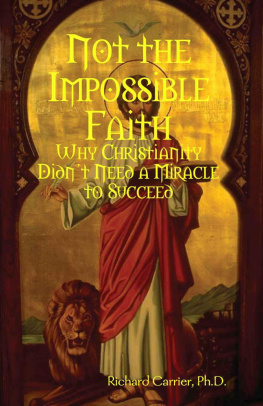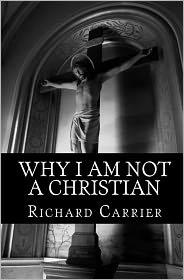
by Dr. Robert M. Price
I t used to be the Evangelicals and Fundamentalists would never darken the door of movie theaters, even if Corrie ten Boom's The Hiding Place was showing (I kid you not!). Now that's moot, especially in the wake of home theater technology. They wouldn't dance, because it was supposedly arousing, essentially mating behaviorwhich it obviously is! But now they've skipped the preliminaries (keep reading).
More significantly, they were very much against divorce and had a low incidence of it. But that, too, has changed. Evangelical churchmen and seminary professors found they just could not thunder against divorce any more once their own grown children were getting divorced. The same problem came with women working outside the home. Economic realities dictated theology just as sure as the Fed's threats to the Mormon Church miraculously prompted new LDS revelations to abandon first polygamy, then racial discrimination in the Melchizedek Priesthood.
Homosexuality is next on the list. More and more educated Evangelicals seem to feel they must find a compromise between the inherited party line and their liberal social conscience. This is especially true with seminarians and young ministers. And such theological accommodations are not hard to find. It doesn't take as much text twisting as slave abolition or feminism, that's for sure. And it was secular feminism challenging the church that led, more than anything else, to the great inerrancy crisis among Evangelicals in the 1970s. Prayer changes things? Things change prayer.
Recent surveys indicate that more and more Evangelicals are questioning or rejecting the doctrine of an eternal hell as well as the idea that non-Christians will not be saved in the afterlife. You can see where this is headed: they are making their way toward being one more tolerant, live-and-let-live mainstream denomination. I am not complaining. I doubt many of us are really that vexed by the particular beliefs any fundamentalist happens to hold. No, what we find vexing are the pugnacious, obnoxious attitudes that so often accompany their beliefs. But what if they drop that attitude? Why would they?
It was for the sake of feeling uniquely indwelt and transformed by the Holy Ghost that they have erected attitudinal walls against non-coreligionists. It was a mind game to protect their cherished in-group and their firmly cemented membership in it. But the more you become like the mainstream, the less that separates you from everybody else, well, the more difficult it becomes to feel special, uniquely connected to God and sanctified by Jesus. It's not like they ever wanted to relegate everybody else to the Lake of Fire. It just seemed necessary in order for them to rejoice in not being relegated there themselves. And now feeling so different is no longer the priority. Attitudes affect doctrines, which affect attitudes.
But the thing that will sooner or later bring the Evangelical Wailing Wall down is sex. More and more, middle school, high school, and college Evangelicals admit to having sex in the same casual way as their unsaved contemporaries. That is, premarital, recreational sex. Having been so long Apollonian, they are itching to yield to Dionysus. But the Gospel teaching of Jesus happens to be far more Apollonian than Dionysian. (Give em time, though, to discover the Q Source Jesus of Leif Vaage, Jesus as a first-century party animal, and they'll be boasting of their biblical fidelity again.)
From the standpoint of sect-maintenance, this shift is fatal for two reasons. First, and most obviously, if this fundamental plank of the Evangelical platform rots and snaps, you can find little of similar magnitude to point to as the signal difference between the saved and the unsaved. I admit, there are a few more that would be similarly fatal, such as a casual permissiveness of drugs and alcohol.
Again, I admit that there are matters of graver moral content. A Christian ought to be able to say, for example, Jesus saved me from lying, from being insensitive, from being self-centered, cowardly, evasive, materialistic, and so on, and those things might be more important. I'd say they are. But you see, everybody accepts and admires those values. They don't give Evangelicals special bragging rights like the sexual and other behavioral codes used to do.
Second, relaxing the sexual code is symbolically significant. Any group's mores concerning food and sex are symbolic of their social boundaries and the shape of their self-identity. A group does not necessarily have both indices. One will do, though usually there are both. Old Testament Israelites were separated from rival cults/cultures by upholding inflexible restrictions on permissible food and on possible intermarriage partners. Sexual fidelity had a lot to do with guaranteeing that one's true heirs inherited one's land and name. Jewish Christians were alarmed at Paul being willing to abolish Jewish dietary and other ceremonial scruples to make it easier for Gentiles to join Christianity. They could see instantly that such a move would result in Jews being squeezed to the margins of the new religionand it did. Jewish identity within Christianity was lost. Similarly, among American Jews today it is not bigotry when Orthodox rabbis discourage mixed marriages with non-Jews. Allow that, and you can say the big goodbye to Judaism in America. It will be only a matter of time before intermarriage with well-meaning and good-hearted non-Jews will completely erode American Judaism. The hybrid Chrismika is only a stop along the one-way track. Maybe there will be an Orthodox farm next to the Amish farm.
Well, when the sex barrier falls, the same fate is in store for Evangelical Christianity. (There never was a consistent Evangelical food boundary; even the Reformed drank alcohol.) And when the new generations are none too sure that nonbelievers are headed for hell, it becomes inevitable that American Evangelicalism will ease into the acid bath of American Pluralism. And it may happen sooner than you think. And then all those megachurches will be up for sale. Unless, of course, they find a new product to sell. TV preacher Joel Osteen has done just that. His Evangelical belief is merely vestigial; he has converted to New Thought. It is no coincidence that he fills that stadium. Others may not be so lucky.

ARGUMENT 1: THAT IF THERE IS A TRUE MORAL SYSTEM, IT IS THAT WHICH WE HAVE A SUFFICIENTLY MOTIVATING REASON TO OBEY OVER ALL OTHERS
Definitions:
m = a moral system.
s = a system of imperatives that supersede all other imperatives.
v = what we ought to obey over all other imperative systems (whether they are labeled moral or not).
B = that which we have a sufficiently motivating reason to obey over all other imperative systems.
T = the true moral system.
M = the moral system that, in actual fact, we ought to obey.
Argument:
1.1. If there is m, then m is s.
1.2. If m is s, then m is v.
1.3. v is B.
1.4. Therefore, if there is m, then m is B.
1.5. m is T iff m is M.
1.6. M is B.
1.7. Therefore, m is B, and m is B iff m is M; and m is M, iff m is T. (i.e., if 1.4,1.5, and 1.6, then 1.7)
1.8. Therefore, T is B. (i.e., if 1.6 and 1.7, then 1.8)
Next page
